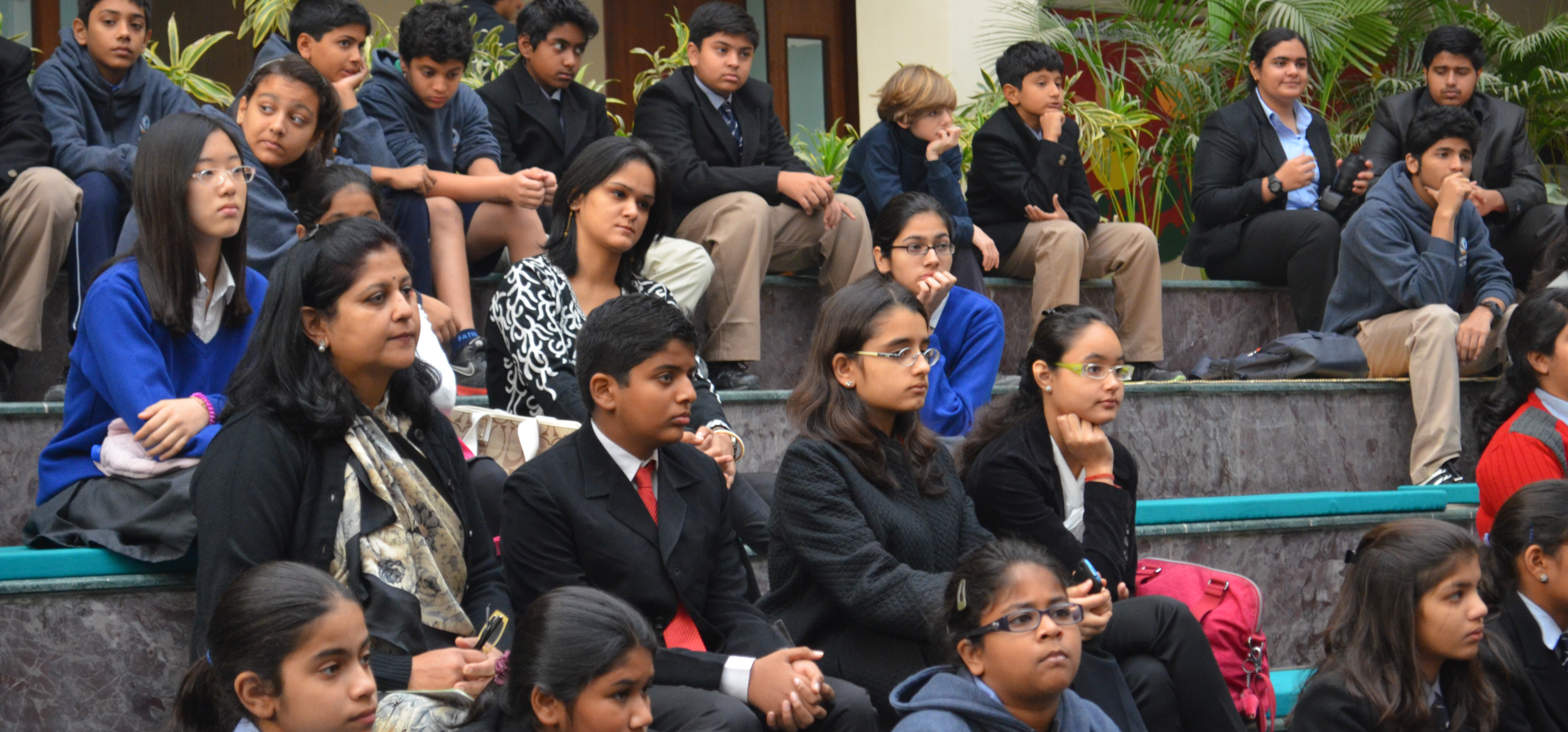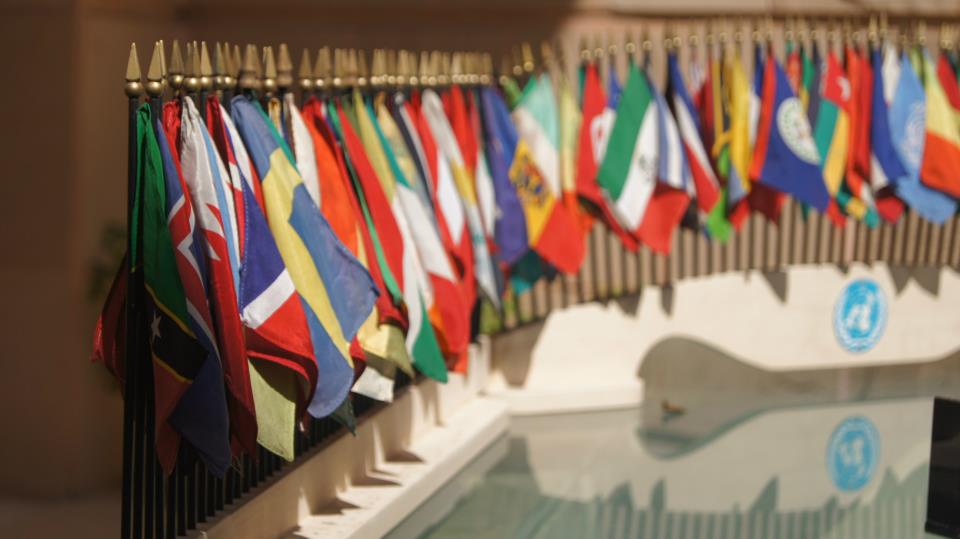The Sustainable Development Goals (SDGs) are a comprehensive, far reaching and people centred set of universal and transformative goals and targets which are inclusive of all three dimensions of development viz. economic, social and environment. The 2030 Agenda for Sustainable Development, adopted by all United Nations Member States in 2015, came into effect from 1st January, 2016. It sets forth a plan of action for people, planet, peace and prosperity, now and into the future. At its heart are the 17 Sustainable Development Goals (SDGs) and 169 targets, which are an urgent call for action by all countries - developed and developing - in a global partnership. The SDGs seek to address not only the root causes of poverty but also the universal need for development to provide a life of dignity to all.
Education for Sustainable Development
Education for Sustainable Development (ESD) aims to integrate the principles and practices of Sustainable Development (SD) into all aspects of education and learning, to encourage changes in knowledge, values and attitudes with the vision of enabling a more sustainable and a just society for all(UNESCO, 2014).
It can be seen as the total sum of diverse ways to arrive at a ‘learning society’ in which people learn from and with one another and collectively become more capable of withstanding setbacks and dealing with sustainability-induced insecurity, complexity and risks. From this vantage point, ESD is about - through education and learning - engaging people in sustainable development issues, developing their capacities to give meaning to Sustainable Development and to contribute to its development and utilizing the diversity represented by all people - including those who have been or feel marginalized - in generating innovative solutions to SD challenges and crises.
There is growing international recognition of ESD as an integral element of quality education and a key enabler for sustainable development. Target 4.7 of SDG 4 on education addresses ESD and related approaches such as Global Citizenship Education. UNESCO is responsible for the coordination of the Global Action Programme (GAP) on ESD. There is now an increased recognition at the international policy level that education is essential to the advancement of sustainable development, with many countries committed to continuing to work to advance ESD at the national and local levels.
Importance of ESD
With a world population of 7 billion people and limited natural resources, we, as individuals and societies need to learn to live together sustainably. The world is constantly changing and we need reforms in the education agenda to meet the challenges of the 21st century. Education is key in achieving sustainable development goals. We need to take action responsibly based on the understanding that what we do today can have implications on the lives of people and the planet in the future. Education for Sustainable Development (ESD) empowers people to change the way they think and work towards a sustainable future.
Ban Ki-moon, former Secretary-General of the UN said, “Education is more than literacy and numeracy and preparation for entry to the job market—it is also about citizenry. Education has the power to shape a sustainable future and a better world. It must fully assume its central role in helping people to forge more just, peaceful and tolerant societies”
As the 2013 –14 Education for All Global Monitoring Report (GMR) affirms, with its focus on the importance of quality education, education helps people understand and participate in democracy, empowers women and has a vital role in addressing and adapting to environmental change and degradation (UNESCO, 2014a). More significantly, the GMR highlights that ‘by improving knowledge, instilling values, fostering beliefs and shifting attitudes, education has considerable potential to change environmentally harmful lifestyles and behaviors’ (UNESCO, 2014a, p. 17).
Brainwiz remains focussed on Education for Sustainable Development while designing all programs and activities for the students. Our unique sustainability assessments not only assess students on their awareness and perception about the global issues but also assess their readiness to solve those issues.



